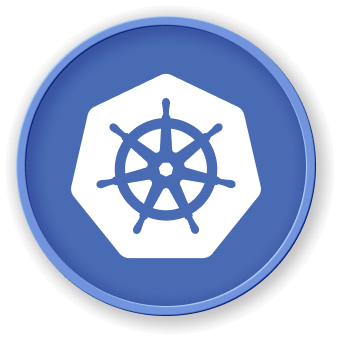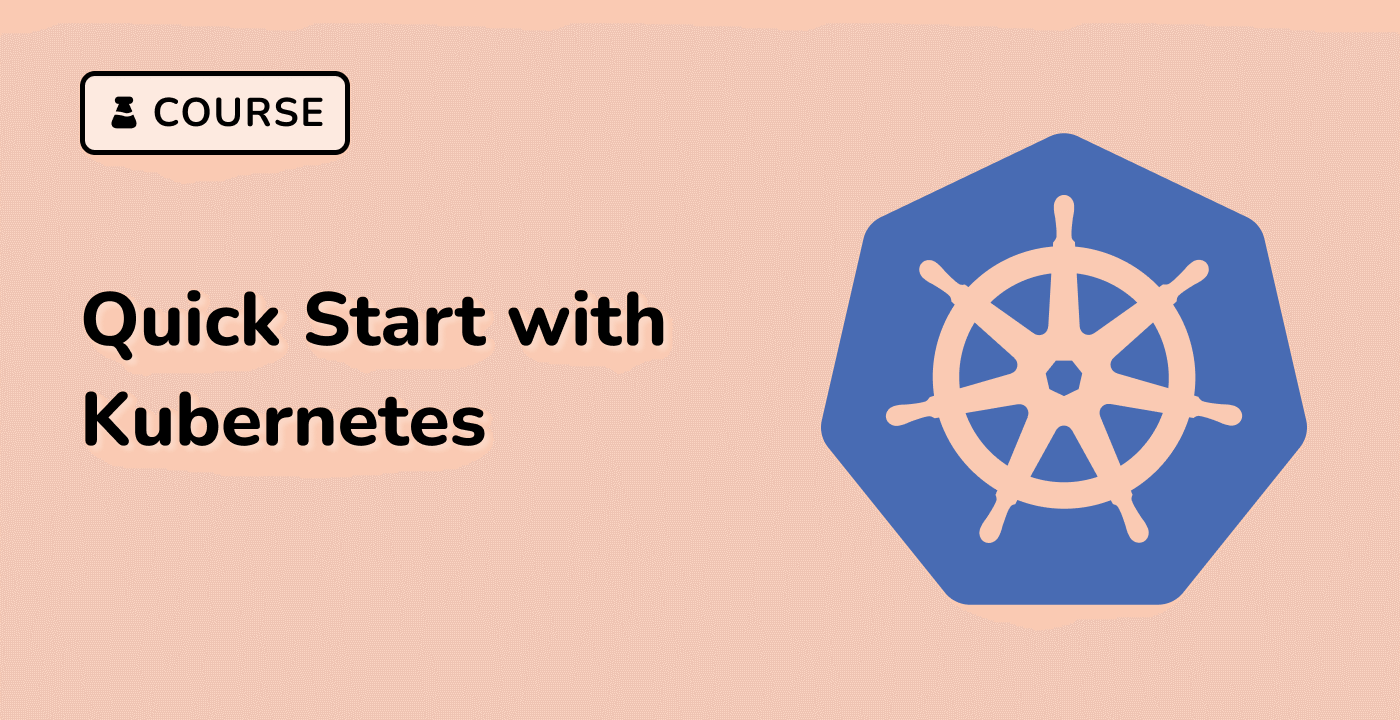Comparing CKA and CKAD
Certification Scope and Focus
The Certified Kubernetes Administrator (CKA) and Certified Kubernetes Application Developer (CKAD) represent two distinct professional tracks in the Kubernetes ecosystem, each targeting specific skill sets and roles.
Comparative Analysis
| Aspect |
CKA |
CKAD |
| Primary Role |
Cluster Management |
Application Deployment |
| Exam Duration |
2 hours |
2 hours |
| Key Skills |
Cluster Configuration |
Container Development |
| Typical Responsibilities |
Infrastructure |
Application Lifecycle |
Skill Differentiation
graph TD
A[Kubernetes Certification Paths] --> B[CKA: Infrastructure Focus]
A --> C[CKAD: Development Focus]
B --> D[Cluster Management]
B --> E[Network Configuration]
C --> F[Pod Deployment]
C --> G[Application Scaling]
Technical Demonstration
CKA Sample Configuration Script
#!/bin/bash
## CKA cluster management example
## Create namespace
kubectl create namespace production
## Configure cluster role
kubectl create clusterrole cluster-reader \
--verb=get,list,watch \
--resource=pods,deployments,services
CKAD Deployment Example
#!/bin/bash
## CKAD application deployment example
## Create deployment
kubectl create deployment web-app \
--image=nginx:latest \
--replicas=3
## Expose deployment
kubectl expose deployment web-app \
--port=80 \
--type=LoadBalancer
These scripts illustrate the fundamental differences between CKA and CKAD certification domains, highlighting infrastructure management versus application deployment strategies.



